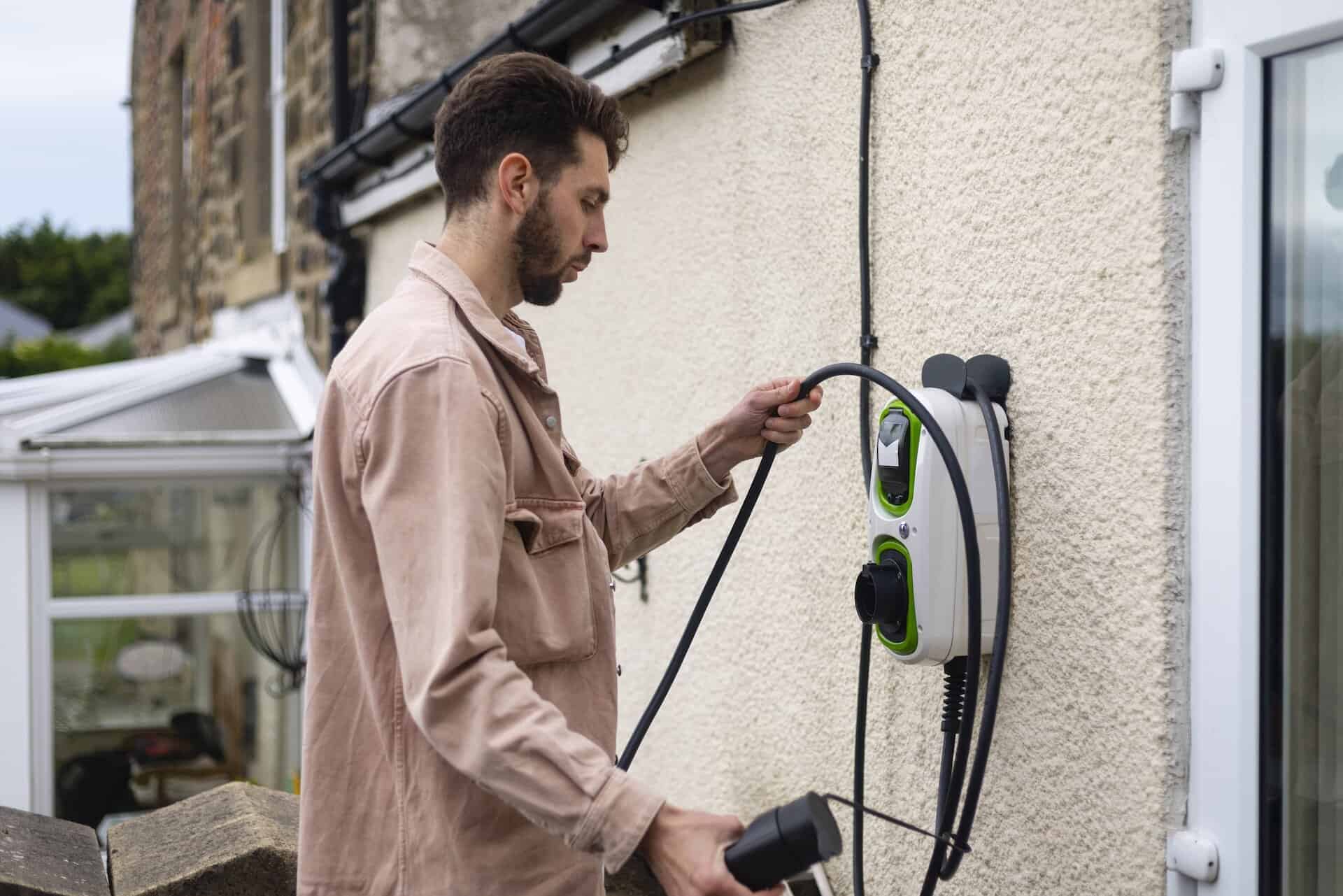
Why Do Fuses Keep Blowing in My House?
There are few things more frustrating than reclining into your sofa, switching on the television, and being plunged into total darkness by a blown fuse. The frustration is further compounded if the issue repeats itself week after week.
There are an abundance of reasons that could be causing the fuses to keep blowing in your house. In this article, we’ll run you through these reasons, as well as highlight what you can do to prevent them from happening.
What is a fuse?
A fuse is an important safety device that prevents too much power flowing through an electrical circuit. If a stronger-than-expected current were to flow through a circuit, the fuse would break, interrupting the current.
If there was nothing to interrupt a strong electrical surge, the wires would be at risk of overheating, potentially causing a fire.
There are various types of fuses found in electrical circuits in homes, including:
- Cartridge fuses: A cartridge fuse is a cylindrical device with metal caps at either end and a wire running through its centre. When too much electrical current flows through the fuse, the wire melts, breaking the circuit and preventing a fire.
- Plug fuse: A plug fuse screws into a designated holder within a plug and contains a thin metal strip. This metal strip melts if too much electricity flows through it, breaking the circuit, much like a cartridge fuse.
- Rewirable fuse: Rewirable fuses are becoming less and less common as technology evolves, due to the human error risks they pose. They contain a thin wire that melts in the event of electrical overloads, breaking the circuit. This wire requires manual replacement after the fuse has blown.
Why do fuses keep blowing in my house?
If fuses in your home keep blowing at a regular rate, it is highly unlikely to be a coincidence. In fact, there are a few reasons why it may be happening, including overloaded circuits and faulty wiring.
Let’s go into more detail.
Overloaded circuit
If there are too many devices operating on a single circuit, it can cause an overload of power that the wires are unable to handle. This increased pressure on the wires causes them to overheat, resulting in the fuse blowing to prevent a fire.
An overloaded circuit is the most common cause of blown fuses, and can be prevented by:
- Spreading appliances across multiple power outlets instead of just one
- Avoid using multiple extension cords, especially for your everyday appliances
- Upgrade your wiring
- Installing dedicated circuits for the appliances you use the most
Short circuit
In an electrical circuit, there is a designated path around which the electricity flows. Due to varying factors, the electricity can end up taking a shorter path, creating a surge in electricity, leading to overheating and a blown fuse. This is known as a short circuit.
Short circuits can be created by:
- A live wire coming into contact with a neutral wire: This causes the electric current to jump to the neutral wire with low resistance, changing its path.
- Loose connections: If wires aren’t secured properly, they can come into contact with each other, causing electricity to pass over to a different wire.
- Water exposure: Water is a good conductor of electricity, and can transfer an electrical current if it leaks into the circuit.
- Frayed wires: If the insulation of the wire is frayed, it exposes the conductor, allowing it to come into contact with another wire or surface.
Ground fault
Ground faults are similar to short circuits in the way that they involve a current leaving its intended path. However, in a ground fault, the electrical current flows to the ground, often via a grounded object.
When the current touches the grounded object, which may be a metal box, appliance, or even a person, it creates a surge of electricity. This will cause the fuse to blow, breaking the circuit.
Faulty wiring
Electrical wires do not have an unlimited lifespan, and will wear out after many years of usage. This wear and tear makes them less capable of handling electrical loads, resulting in.
A short circuit creates a sudden surge of electricity, which will cause the fuse to blow. To prevent this from happening, you should:
- Replace visibly degraded wires
- Undergo a full rewiring of your home every 25 years, or after moving into a house that is over 30 years old
- Replace wires if you smell burning, see sparking, or hear buzzing
Overpowering appliances
Plugging in a high-powered appliance can cause a fuse to blow if the circuit cannot handle the load. If the appliance has too much power for the circuit, it will cause an increase in electrical currents, resulting in the fuse’s inner wire melting and breaking.
To prevent this from happening, you should make sure your appliance has an appropriate wattage rating for the circuit. You should also ensure that you don’t have too many appliances plugged in at the same time.
Incorrect fuse
There are multiple different types of fuses, and having the incorrect type installed into a circuit can have negative consequences. If you install a fuse with too low a rating, there is a high chance it will blow quickly, as it won’t be able to cope with the currents flowing through it.
Outdated fuse board
With more gadgets and appliances in homes than ever, older fuse boxes just can’t handle modern electrical demands. If your fuse board is over 15 years old, it should be replaced in both the interest of effectiveness and safety.
Don’t put up with faulty fuses - call in the experts
If you’re having problems with the fuses in your home, we can help. At SparkPro Electrical, we have over 15 years of experience providing electrical services to homes across West London. We are TrustMark approved and NAPIT accredited, so you can hold us to the highest standard.
So, whether you want advice or a free, zero-obligation quote, contact SparkPro Electrical today.


